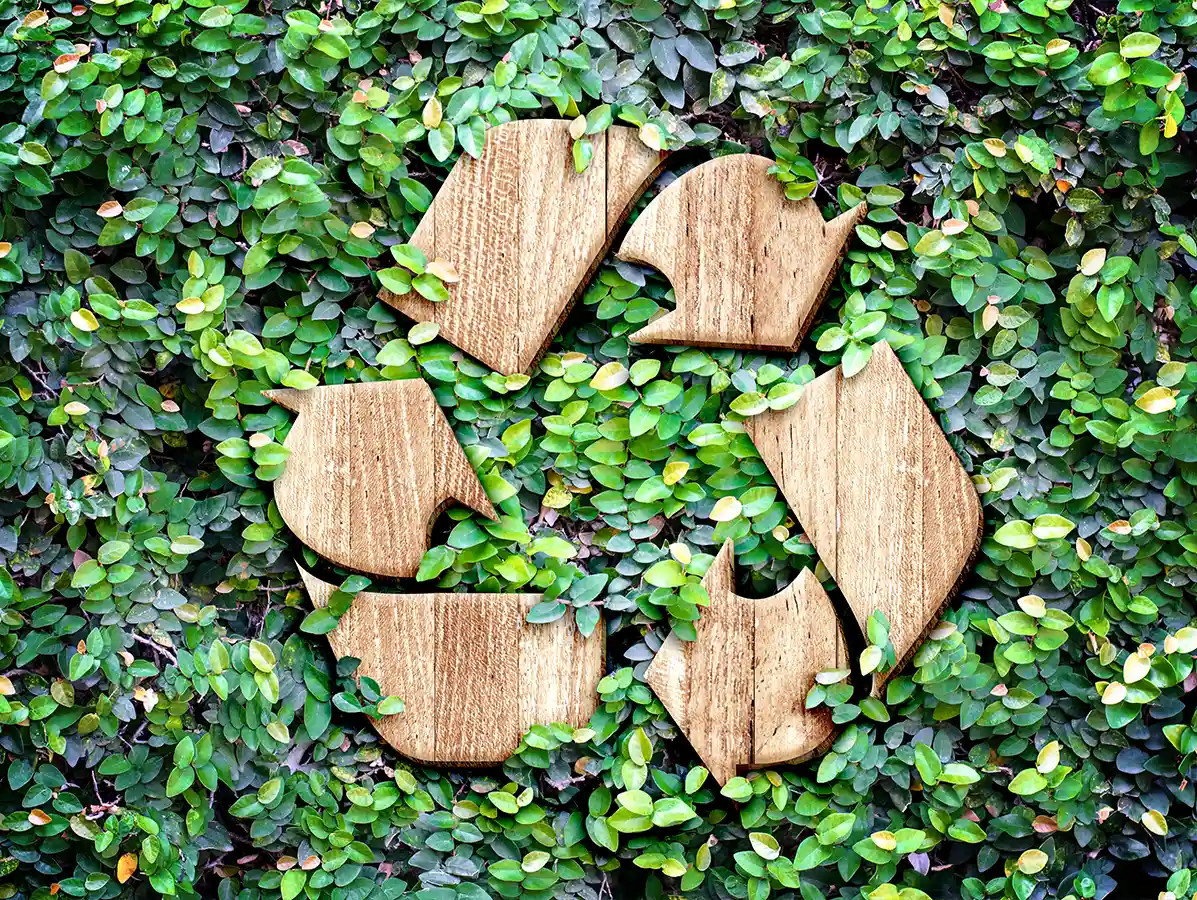
Biobased materials play a crucial role in the transition to a climate-neutral and circular economy. The Dutch government has therefore set a course to phase out low-value applications of biobased materials and promote high-value uses. This policy aligns with stricter European regulations and the goals set for 2050.
Since 2020, subsidies for low-value applications, such as co-firing in coal plants, have been gradually discontinued. The government is now focusing on making the mobility sector more sustainable with biofuels and renewable fuels, such as synthetic kerosene for aviation. While electrification offers alternatives in the long run, biofuels remain essential for now, particularly for heavy transport and aviation.
In the construction sector, the government is working on a National Biobased Building Initiative. Materials like wood and hemp fiber are being used to realize sustainable construction projects. In the chemical industry, biobased materials are equally indispensable. The recently opened Avantium plant, specializing in recyclable bioplastics, is a prime example. Innovations like this highlight the green growth opportunities for the Netherlands.
To ensure responsible use of biobased materials, they are subject to strict European sustainability standards, as outlined in the REDIII directive. A robust system of certification and oversight, managed by the Dutch Emissions Authority, is designed to ensure that only sustainable biobased materials are utilized.
View the letter for more details (Dutch only).
Source: Rijksoverheid